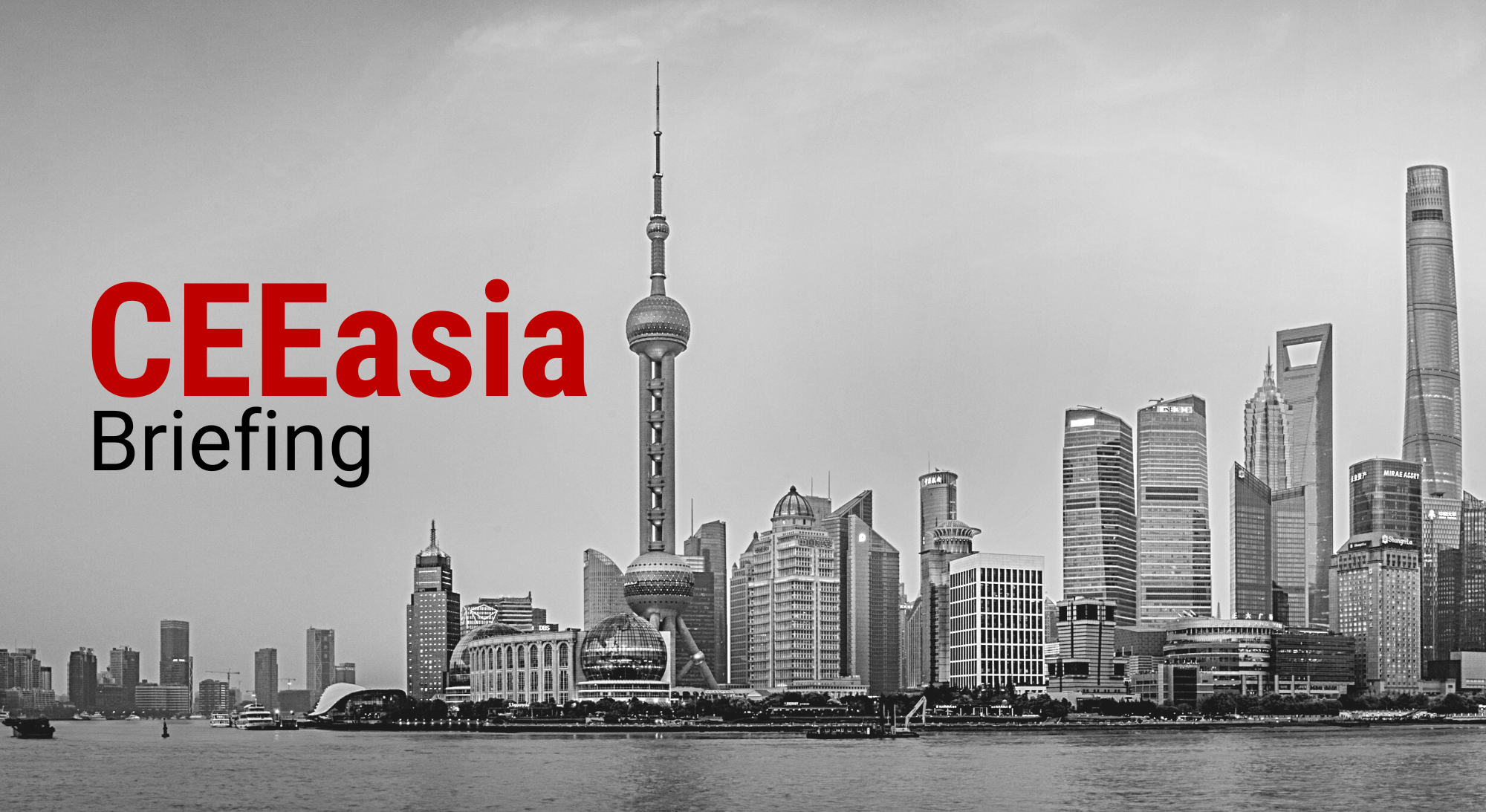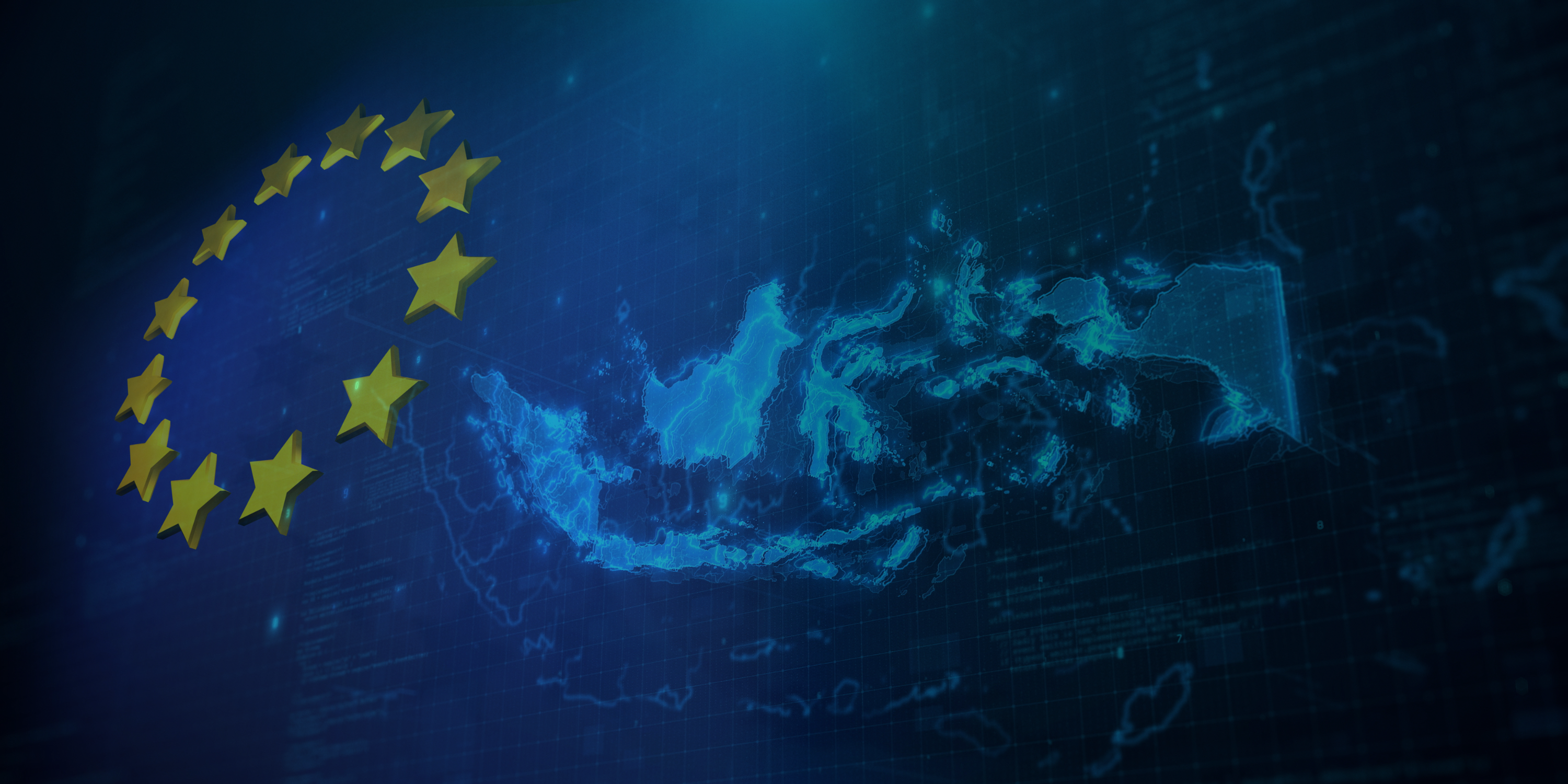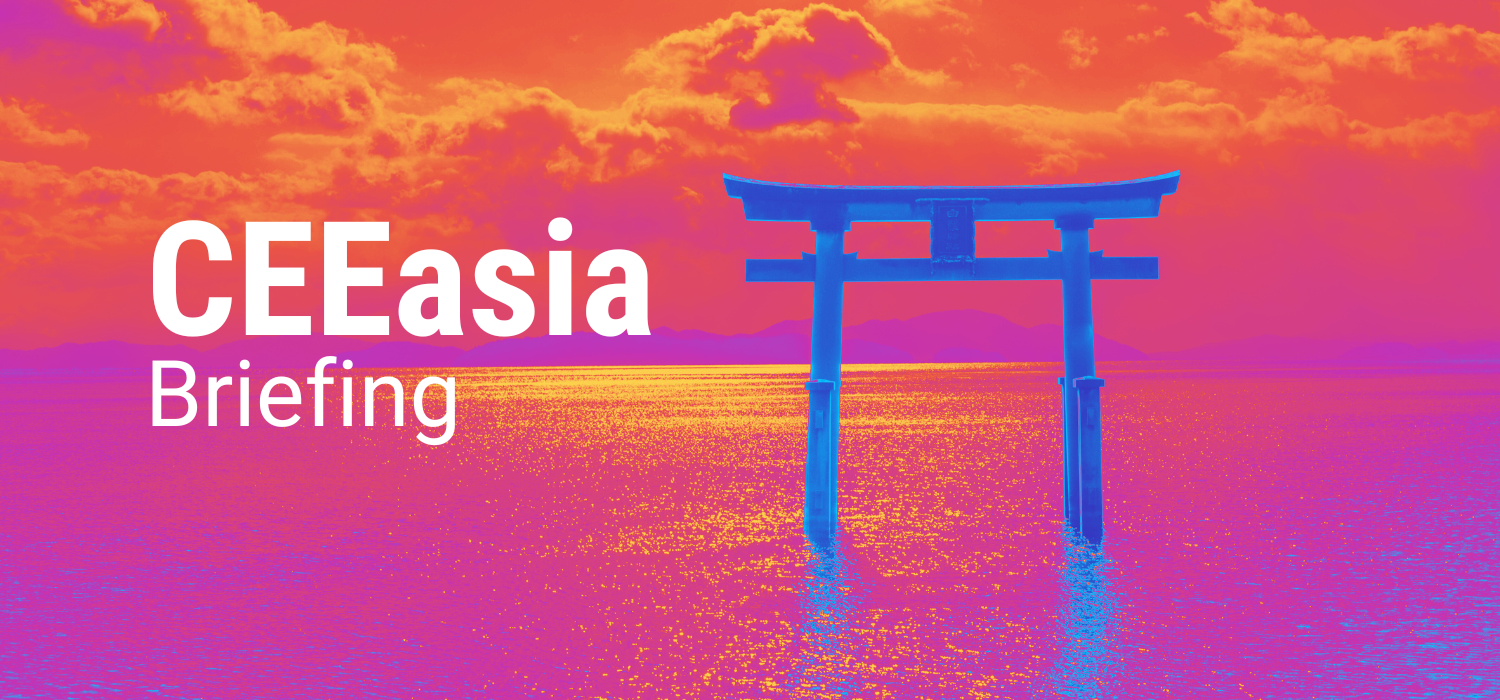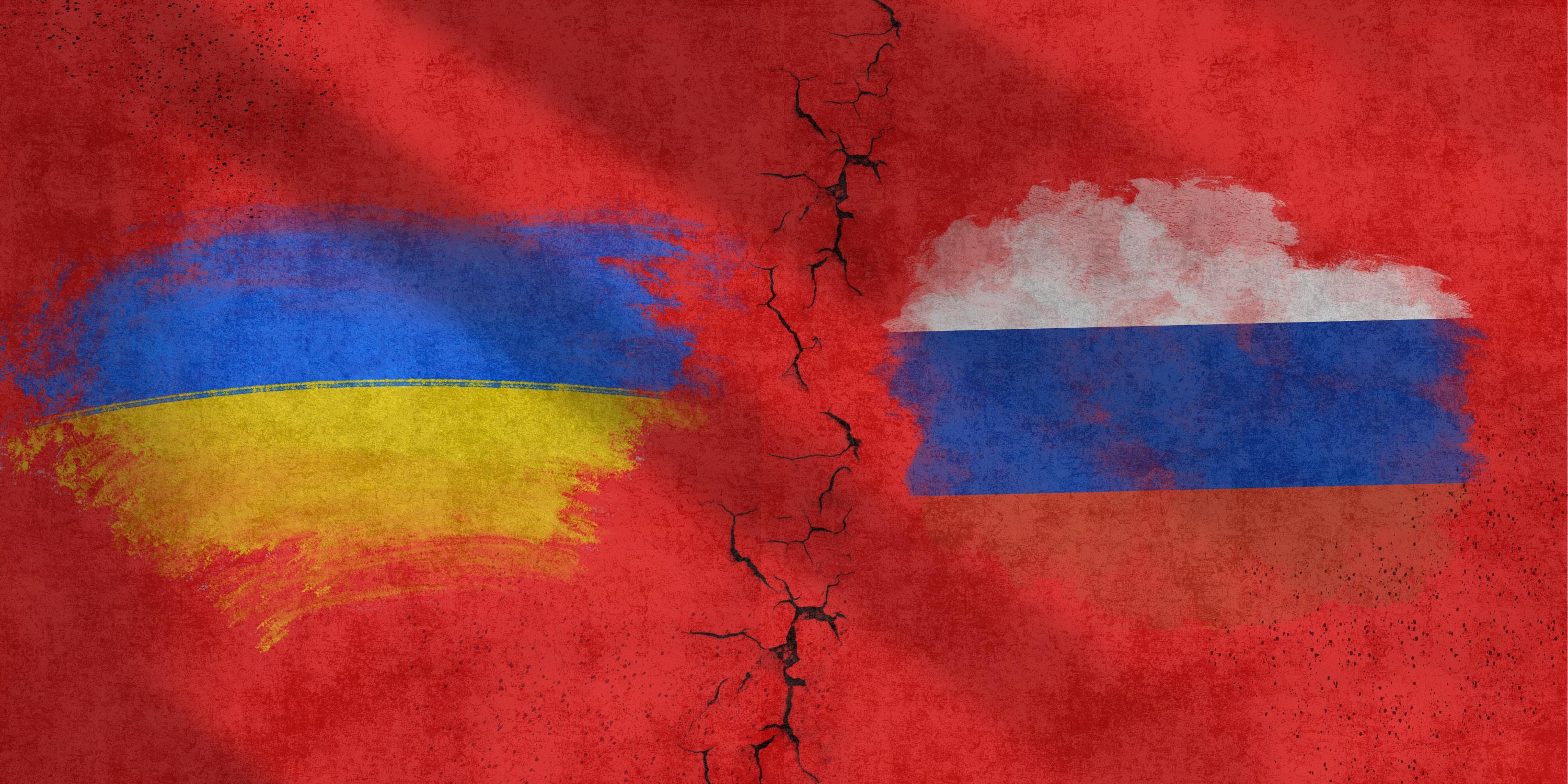Welcome to the 5th issue of the #CEEasia Briefing.
In this issue, we dissect the following topics:
- Accelerating changes in the EU-China relations
- Taiwan and WHO: Next frontier for Chinese influence in Europe
- Myanmar listed on the EU anti-money laundering watchlist
- Vietnam votes on the free trade deal with the EU
Accelerating changes in the EU-China relations
What’s going on? The Covid-19 outbreak has exposed limitations of the EU-China relationship and continues to influence it. After accusations from April that the EU has watered down the report on Chinese disinformation in response to pressure from Beijing, the EU delegation to China also found itself facing the criticism that it bent to China and self-censored its open letter that was published in China Daily and People’s Daily. Despite the Press Release which sought to clarify the whole situation, the episode has incited a number of critical articles raising worries over press freedom and economic importance of China in Europe. In addition, Beijing’s handling of the crisis has undermined its reliability as a crisis actor and responsible power.
Going deeper… One of the outcomes of the above-mentioned episodes is also a rising discussion over the EU’s relationship with China. In mid-May, an Op-ed by Josep Borrell called for recalibration of the relationship effectively calling for ‘‘trust, transparency and reciprocity’’. More importantly, China was also described as a ‘‘systemic rival promoting alternative models of governance’’ highlighting increasingly negative perception of China by some European lawmakers. Nonetheless, China remains one of the essential business partners for some European countries, raising a question whether member states will be able to see eye to eye on what the new relationship with China should look like.
Why it matters? All these changes come in a critical moment of European Union facing internal division caused not only by the Covid-19, but also as the economy enters into a global recession that will require a coordinated approach by all parties. This requires the EU to take a clearly-defined stance against some of China’s activities, while trying not to alienate it as a partner.
Further reading:
The Guardian: EU ‘watered down’ report on Chinese disinformation about Covid-19
EEAS: Censorship of an Op-Ed by the Ambassador of the EU and Ambassadors of the 27 EU Member States to China
Voice of Asia: Media Advocates Urge West to Resist China’s Censorship After EU Letter Controversy
EEAS: Trust and reciprocity: the necessary ingredients for EU-China Cooperation
Taiwan and WHO: Next frontier for Chinese influence in Europe?
What’s going on? The COVID-19 pandemic and Taiwan’s success in controlling the spread of the virus have shed a spotlight on the island’s exclusion from the WHO. China has been blocking Taiwan from joining the organization as it wants to prevent it from gaining ground on the world stage. Recently the island obtained support from the international community – many of the Western countries had started calling for its presence in WHO related activities and events, including the annual WHA which took place on May 18. The USA, Canada, the EU, India, or Japan all expressed their support for Taiwan to be given observer status at future WHO engagements or even be allowed to join the organization sparking a strong reaction from Beijing that condemned countries supportive of Taiwan for seeking to politicize the issue.
Going deeper… While as early as February many of the EU officials urged the director-general of the WHO to grant Taiwan observer status in the WHA and some even backed the move repeatedly, certain EU members continue to support Beijing. Lithuanian Foreign Minister Linas Linkevičius called to invite Taiwan to the WHA, and many lawmakers from Austria, the Baltic countries, Slovakia, the Czech Republic as well as officials from other European countries emphasized the importance of including Taiwan in the activities of WHO. But Hungarian Foreign Minister Peter Szijjarto in his dialogue with Chinese Minister of Foreign Affairs, however, stated that Hungary “always upholds the one-China principle” and supports Beijing’s efforts to prevent Taiwan from joining the WHO.
In Central Europe. Many Central and Eastern European states are involved in the 17+1 cooperation and the vision of economic cooperation and Chinese investment has been prioritized by many of the governments, including Hungary or Serbia for instance. That is why in a situation like this it is rather difficult to maintain collective EU unity on China-related topics. Fearing the Chinese reaction and loss of Chinese investment, some states feel the need to adhere to China’s demands and step back from the EU’s stance.
Further reading:
SCMP: Budapest stands with Beijing in opposing Taiwan’s membership of World Health Organisation
LRT: Lithuania’s support for Taiwan draws ire from Beijing
New Europe: ECR Party Vice President calls for Taiwan to join WHO’s decision-making body
The Guardian: Taiwan must accept Chinese status to attend WHO, says Beijing
Myanmar listed on the EU anti-money laundering watchlist
What’s going on? Myanmar and seven other countries were added on the latest European Commission’s list of states that pose significant threats to the EU’s financial system because of anti-money laundering and terrorism financing deficiencies. The listing follows the decision of the Financial Action Task Force (FATF) which had included the country on its “grey list” earlier this year, and urged it to improve its governance of banks and financial entities.
Going deeper… The list changes will be submitted to the European Parliament and Council for approval and Myanmar and other newly listed states, including Cambodia or Mongolia, will be subject to the regulations from October 1 onwards. The EC also published a comprehensive plan to better enforce, supervise and coordinate the EU’s rules on combating money laundering and terrorist financing, aiming to close down remaining loopholes and remove any weak links in the EU’s rules.
This means. The step of the EC will further increase the already significant market risks for international banks which have their branches in Myanmar and probably will add to the international pressure on the current government of Myanmar to reorganize its economy and financial system.
Further reading:
Myanmar Times: EU puts Myanmar on money-laundering blacklist
EU Commission: Commission steps up fight against money laundering and terrorist financing
Vietnam votes on the free trade deal with the EU
What’s going on? Lawmakers Vietnam are going ahead with the long-awaited vote on the trade deal with the European Union (EU). The European Council finally adopted a decision on the final conclusion of the free trade agreement (FTA) between the EU and Vietnam in March 2020. The negotiations over the deal began in 2012 and the whole process took 7 years to finalize the agreement in 2019. Vietnam is a second Southeast Asian country to conclude such an agreement right after Singapore that has signed the FTA with the EU back in 2018.
Going deeper… Complete implementation of the FTA will eliminate 99% of custom duties between Vietnam and the EU which will be phased gradually over next few years. The initial implementation on EU exports will see 65% of duties disappear, while 71% will be eliminated from Vietnam exports entering Europe. The deal is described as one of the most ambitious free trade deals ever concluded with a developing country.
This means. The European authorities expect the deal to result in €15 billion a year in additional imports from Vietnam to the EU by 2035 and €8.3 billion annual expansion of EU exports to Vietnam. Vietnam is also a potential destination for European investors as its young population and economic growth of 6-7% offer good conditions for businesses looking into expanding their presence abroad or diversifying their supply chains. Many Central European countries already have dynamic trade relations with Vietnam, as a result of large Vietnamese diaspora living in the region. The FTA should provide a new incentive to further develop the commercial relations between Vietnamese and Central European businesses.
On another note… The deal has been criticized by those concerned over protection of the environment and labor standards. In fact, after Amnesty International in May 2019 published the data on nearly 130 prisoners of conscience currently in Vietnam, 18 European and Vietnamese NGOs called for the Parliament to postpone its consent for the FTA. However, the proponents of the deal believe that economic leverage might become a good tool to make progress towards meaningful conversations with the government on some of the human rights issues in the country.
Further reading:
Council of the EU: EU-Vietnam: Council gives final green light to free trade agreement
Voice of Asia: Vietnam to Vote on the EU Trade Deal as Economy Emerges from the Virus
Agence Europe: Eighteen NGOs call on European Parliament to postpone approval of EU/Vietnam trade agreements








